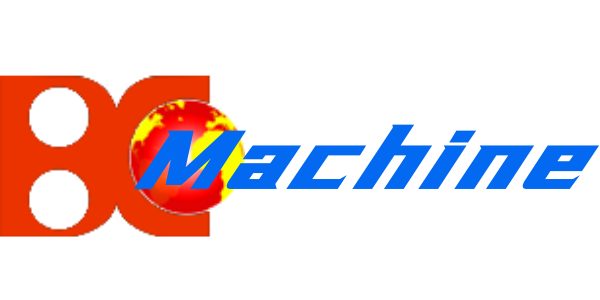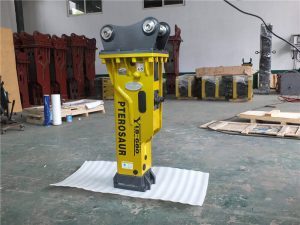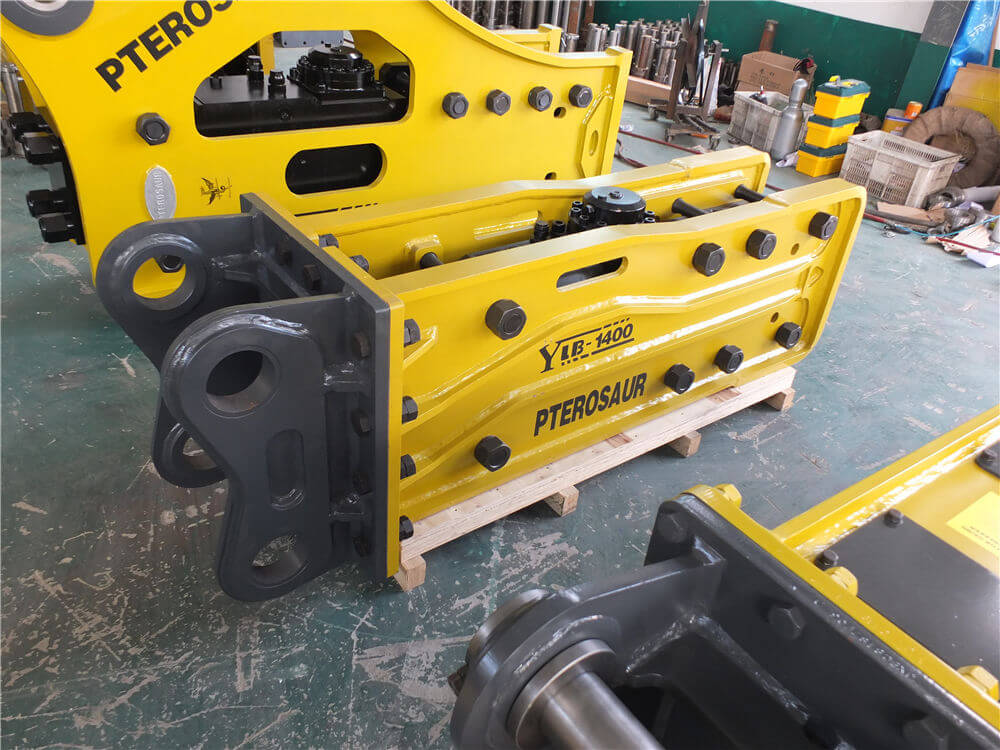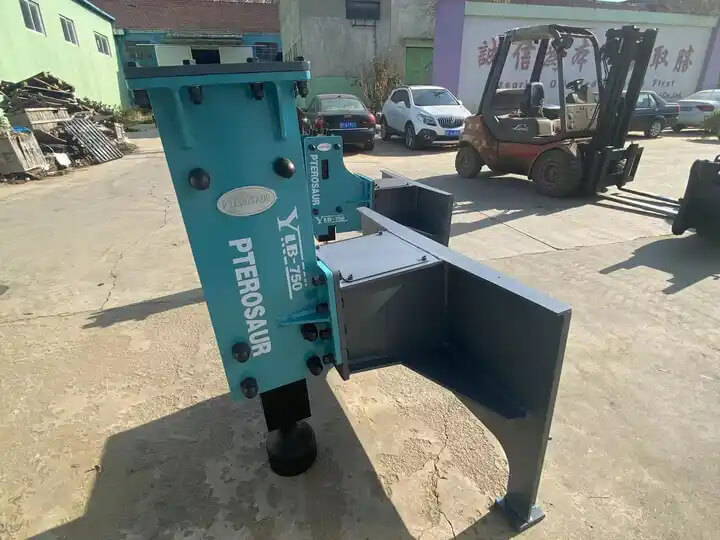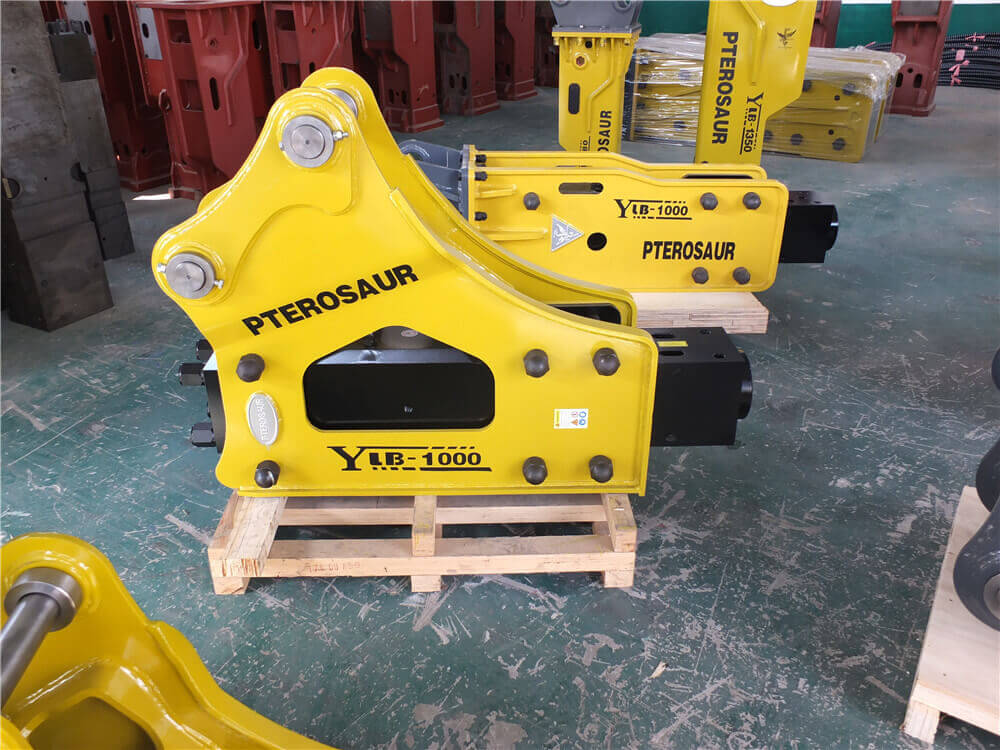Understanding Hammer Crushers: An Overview of Innovative Rock Crushing Technology
In the realm of material processing, one of the most efficient and versatile tools available today is the hammer crusher. This article aims to provide a comprehensive understanding of hammer crushers, their applications, and how they compare with other rock crushing machines.
What is a Hammer Crusher?
A hammer crusher, also known as a hammer mill, is a type of rock crusher that utilizes the impact force generated by rotating hammers to crush materials. Typically, these machines can crush materials with a compressive strength of no more than 150MPa, making them suitable for a variety of soft materials such as cement, coal, gypsum, alum, brick, and tile.
Key Features of Hammer Crushers
1. Innovative Design
Modern hammer crushers, such as those developed by manufacturers like RETSCH and Eastman, feature innovative designs that enhance their performance. For instance, the rotor direction can be reversed when one side of a hammer is worn, increasing the service life of the hammers and reducing downtimes during maintenance.
2. Versatile Applications
Hammer crushers are widely used across various industries, including mining, construction, and recycling. They are effective in crushing materials such as limestone, shale, and even tough rocks. The PCX series hammer rock crusher, for example, integrates crushing and shaping processes, making it adaptable for different material types.
3. Heavy and Small Hammer Crushers
There are two primary categories of hammer crushers: heavy and small. Heavy hammer crushers can achieve high throughput, often exceeding several hundred tons per hour, making them suitable for large-scale operations. Small hammer crushers, on the other hand, are ideal for laboratory settings and smaller production scales, offering efficient primary size reduction.
Comparing Hammer Crushers with Other Rock Crushers
When discussing rock crushing technology, it’s essential to compare hammer crushers with other types like impact crushers and jaw crushers.
Impact Crushers vs. Hammer Crushers
- Impact Crushers: These machines use high-speed impact force to break down materials. They are particularly effective for materials that require a higher degree of fragmentation.
- Hammer Crushers: Utilize a combination of impact and shearing forces, making them versatile for softer materials and situations where less fragmentation is required.
Jaw Crushers
Jaw crushers are favored for their ability to handle harder materials and larger particle sizes. However, they often require more energy and maintenance compared to hammer crushers, which can be more cost-effective for certain applications.
Conclusion
Hammer crushers represent a crucial piece of equipment in the material processing industry. Their innovative designs, versatile applications, and efficiency make them a popular choice for both small-scale and large-scale operations. Whether you are in mining, construction, or recycling, understanding the capabilities and advantages of hammer crushers can aid in making informed decisions about material processing solutions.
As technology continues to evolve, it will be exciting to see how hammer crushers adapt and integrate new features to meet the demands of the industry.
